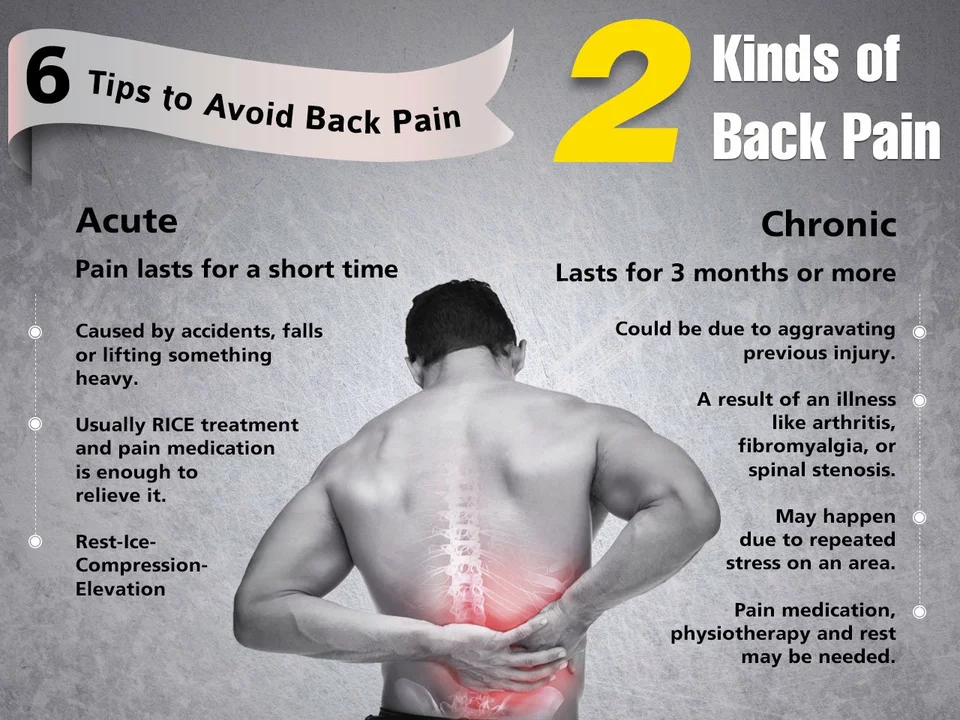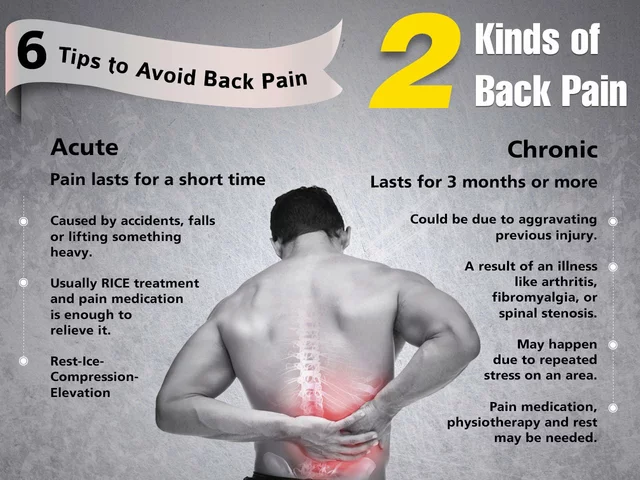Understanding Your Bladder Pain and Triggers
As someone who suffers from bladder pain, it's crucial to understand your condition and identify potential triggers. Knowing what sets off your discomfort can help you manage your symptoms more effectively and feel more at ease in social situations. Start by discussing your symptoms with your healthcare provider and getting a proper diagnosis. They can help you identify any underlying conditions or factors contributing to your bladder pain.
Once you have a clear understanding of your condition, pay attention to how your body reacts to certain situations, foods, or drinks. Keep a bladder diary to track your symptoms and identify patterns. This information can be invaluable when trying to avoid triggers and navigate social situations with confidence. Remember, everyone's experience with bladder pain is unique, so take the time to learn what works best for you.
Planning Ahead for Social Events
One of the best ways to navigate social situations with bladder pain is to plan ahead. Before attending a social event, consider the following tips to help you feel more comfortable and prepared:
1. Research the venue: Look up the location beforehand and find out if there are easily accessible restrooms. Knowing where the facilities are can help alleviate anxiety about finding a restroom when you need one.
2. Dress comfortably: Choose clothing that is easy to remove and won't put extra pressure on your bladder. Opt for loose-fitting clothes and avoid tight waistbands or belts.
3. Limit your fluid intake: While it's important to stay hydrated, try not to drink excessive amounts of fluid before or during the event. This can help prevent the need for multiple bathroom trips.
4. Practice relaxation techniques: Anxiety can exacerbate bladder pain, so practice deep breathing, mindfulness, or other relaxation techniques to help you stay calm in social situations.
5. Bring a support person: If you feel comfortable, consider inviting a close friend or family member who knows about your condition and can offer support if needed.
Communicating Your Needs to Others
When dealing with bladder pain, it's important to be open and honest with those around you. While it may feel awkward at first, discussing your condition and needs can help alleviate stress and create a more supportive environment. Remember, you don't need to share every detail of your condition, but letting people know that you may need to use the restroom frequently or take breaks can help avoid misunderstandings or awkward situations.
If you're attending a social event hosted by a friend or family member, consider speaking with them beforehand to let them know about your bladder pain and any accommodations you may need. Most people will be understanding and willing to help. In more formal settings or with acquaintances, you can still excuse yourself politely without divulging personal information. The key is to communicate your needs with confidence and grace, without feeling embarrassed or ashamed.
Managing Symptoms During Social Situations
Despite your best efforts to plan and prepare, you may still experience bladder pain during social situations. It's important to have strategies in place to manage your symptoms and maintain your comfort. Here are some tips to help you cope with bladder pain during social events:
1. Focus on your breathing: Deep, slow breaths can help alleviate anxiety and discomfort. Practice mindful breathing to stay grounded and relaxed.
2. Find a quiet space: If you're feeling overwhelmed, try to find a quiet space where you can take a break and focus on managing your symptoms.
3. Use heat or cold therapy: Carrying a discreet heating pad or cold pack can provide relief from bladder pain. Apply it to your lower abdomen as needed for comfort.
4. Take medication: If you have been prescribed medication for your bladder pain, make sure to take it as directed, especially before attending social events.
5. Know your limits: It's okay to leave an event early or decline an invitation if you're not feeling well. Prioritize your health and well-being above all else.
Building a Support System
Dealing with bladder pain can be isolating, but it's essential to remember that you're not alone. Building a support system of understanding friends, family members, and healthcare professionals can make a significant difference in your ability to navigate social situations. Share your experiences with others who have similar conditions through support groups or online forums. This can provide valuable insights, advice, and encouragement from people who truly understand what you're going through.
Additionally, consider working with a mental health professional or therapist to help you cope with the emotional challenges of living with bladder pain. They can offer guidance on managing anxiety, building self-esteem, and developing healthy coping mechanisms for social situations. Remember, taking care of your mental and emotional well-being is just as important as addressing your physical symptoms.

